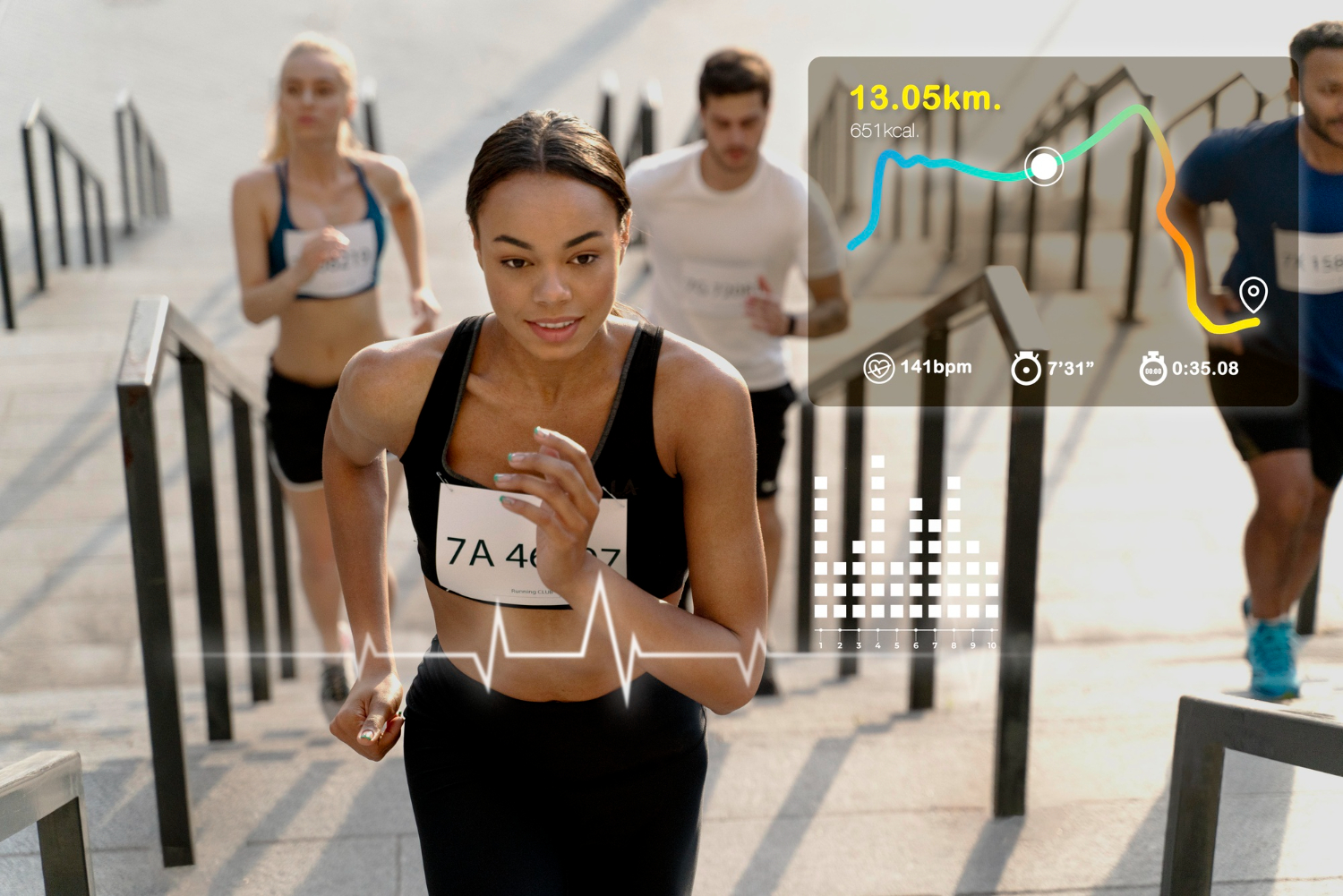How Artificial Intelligence is Changing Sports Event Forecasting
Artificial intelligence (AI) is rapidly changing the approach to sports forecasting. Machine learning technologies allow us to analyze huge amounts of data, identify patterns, and make accurate predictions. For players and analysts, this means one thing: forecasts are becoming smarter, faster, and more objective.

women discuss the strategy of upcoming game
Growing interest in intelligent analytics
In recent years, AI has been actively used in betting and sports analytics. Algorithms analyze the shape of teams, player statistics, weather, psychological state, and even the reaction of fans on social media.
Modern platforms, including 1xbet Gambia, integrate similar technologies to enhance the user experience. Machine learning systems help you generate odds, offer personalized recommendations, and identify risky bets.
AI does not replace the human factor, but it enhances the forecasting process by making it more accurate and transparent. This helps players make decisions based on data rather than intuition.
How AI systems work in betting
Modern AI models are capable of analyzing millions of outcomes per second. They take into account goal statistics, fouls, injuries, meeting history, and even the emotional patterns of the players.
Many users choose sites like https://1xbet.gm/en/games where algorithms help systematize information and adapt forecasts to the game’s style. This makes betting more conscious and reduces the impact of randomness.
To understand exactly how AI improves forecasting, it is important to consider three key areas of its work:
- Data collection: Automatic monitoring of sports leagues, matches, and social trends.
- Modeling: the construction of statistical models that reveal hidden relationships between parameters.
- Training: adjusting forecasts based on new data and past system errors.
These processes allow you to create more accurate analytical reports and increase the reliability of predictions.
AI versus human analysis
Despite the effectiveness of algorithms, the human factor still plays an important role. Analysts can take into account nuances that are not always reflected in the numbers: the motivation of the team, the atmosphere of the match, and psychological pressure.
The optimal approach is a symbiosis of AI and human experience. Programs process information quickly, and experts check the consistency of forecasts. Together, they create a comprehensive analysis system where data and intuition work together.
AI is unable to predict unexpected events such as injuries to key players, weather changes, or emotional outbursts during a game. Here, the analyst remains indispensable. His experience and understanding of the context complement computational models, creating more realistic and accurate forecasts reflecting the real dynamics of the sport.
Ethical aspects and responsible play
AI will make the process of betting more technologically sophisticated, although we should not forget that it is more of an entertainment than a source of income. It is not algorithms that can assure a victory, it is the bookmaker who wins.
The issue of responsible play is a priority. Gamers ought to establish personal boundaries, observe their emotions, and regard betting as their method of enjoying sports. Companies such as BeGambleAware help people remember about the dangers of addiction and provide them with an opportunity to control it.
How AI helps bookmakers and users
Artificial intelligence helps not only the players but also the platforms themselves. Bookmakers use AI to:
- identify suspicious bets and prevent fraud;
- analyzing user behavior to improve interfaces;
- dynamic updating of coefficients in real time;
- protect personal data and prevent information leaks.
These features make the industry safer and more transparent, increasing the trust of users and regulators.
The future of forecasting in sports
With the development of technology, forecasting will become even more accurate. In the future, AI will be able to analyze athletes’ biometric data, use video recognition to track movements, and apply neural networks to estimate probabilities in real time.
Hybrid systems will appear that combine machine predictions and human analysis to achieve maximum accuracy. This approach will change the perception of sports and make analytics more accessible to fans.
In addition, artificial intelligence will integrate with wearable devices and augmented reality platforms. This will allow you to get analytics right during the match and visualize the probabilities of outcomes in real time. Such technologies will open up new opportunities for training, coaching, and audience involvement in the process.
The closing play
AI has already become an integral part of sports forecasting. It speeds up data analysis, reduces the impact of human error, and helps players understand sports more deeply.
However, technology does not make betting risk-free. Responsible approach and common sense are the main tools of any forecaster. Artificial intelligence helps predict events, but a reasonable player always remembers that the goal is to enjoy the game, not to seek guarantees of winning.

